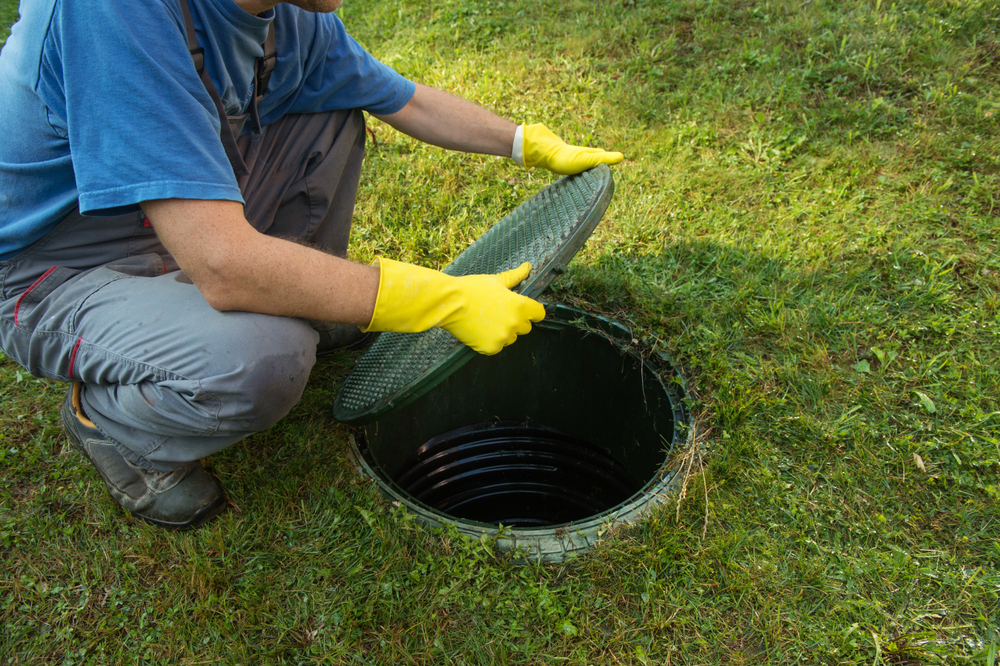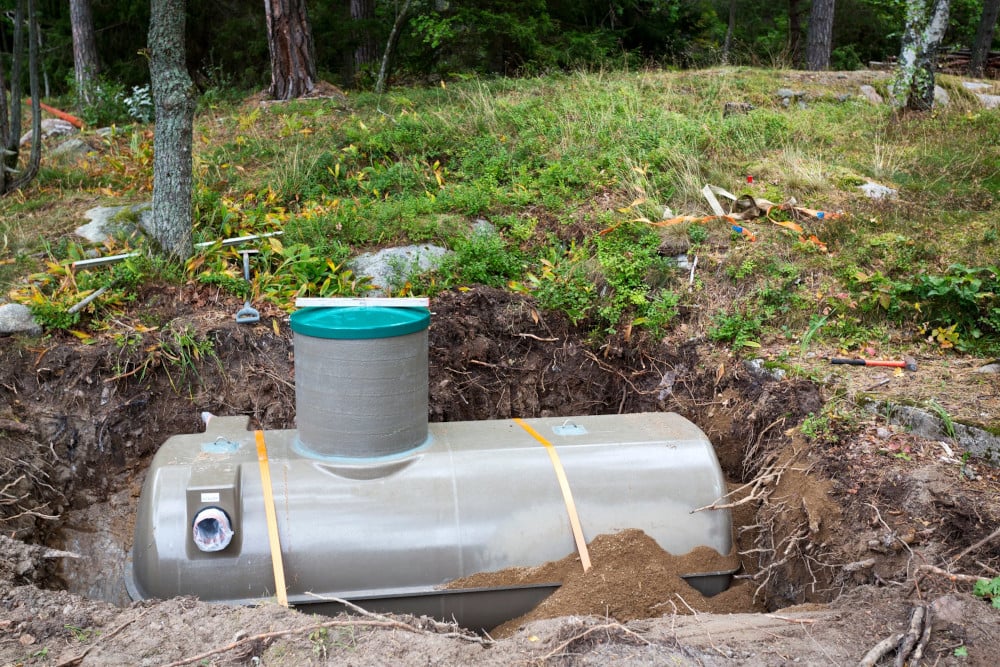What do you typically think of when it comes to sustainability? Do you think of recycling, conserving energy, or reducing waste? Well, one thing that typically doesn’t come to mind is septic systems. Yes, those buried tanks that manage wastewater may not be the most glamorous topic, but they play a significant role in preserving the environment.
In this blog, we will take you on a journey to discover the hidden environmental benefits of understanding septic systems. With a little knowledge of septic systems, you will uncover the power of sustainable solutions and gain a newfound appreciation for this eco-friendly technology. So, let’s explore how this system is quietly contributing to a greener and more sustainable future.
Sustainable Solutions: The Environmental Benefits of Understanding Septic Systems
There are many environmental benefits to understanding septic systems. Whether you want to be a responsible homeowner, a mindful environmentalist, or simply save on utility bills, delving into the world of septic systems offers valuable insights. Continue reading so you can uncover four of the secrets of these eco-friendly systems and learn how they contribute to a cleaner and more sustainable environment:
Reduced Water Pollution
Traditional sewage systems transport wastewater to treatment plants, where it’s processed and released back into the environment. However, septic systems operate differently. They treat wastewater right on-site, preventing the need for extensive sewer networks and reducing the risk of water pollution.
Conserved Water Resources
Septic systems also help with water conservation. Unlike centralized sewage systems, which use a lot of water for transportation and treatment, septic systems use very little water. They use far less water in the process by relying on natural processes to break down and filter wastewater.
Enhanced Soil Health
Healthy soil conditions are promoted by a well-maintained septic system. When wastewater is properly treated and distributed into the drain field, it provides nutrients to the soil, acting as a natural fertilizer. This improved soil health can benefit nearby vegetation and even contribute to sustainable gardening practices.
Reduced Energy Consumption
Septic systems use less energy than large-scale sewage treatment plants. Pumps, conveyance systems, and treatment processes in traditional treatment facilities consume a significant amount of energy. Septic systems, on the other hand, rely on gravity and natural bacterial activity, requiring far less energy.
Sustainable Septic System Practices
With this newfound appreciation of septic systems you now have, you can see the magic of sustainability. Just learning about this system can inspire you to get yourself a septic system and establish environmentally friendly habits. You will be able to consider what goes down your drains by using eco-friendly cleaning products and avoiding hazardous substances.
Regular maintenance and inspections can even help you avoid costly system repairs. This eco-friendly treatment will promote efficient wastewater treatment and reduce the need for harsh chemicals. These practices ensure that your septic system runs efficiently, benefiting both your property and the environment.

Source: Shutterstock
Call ASAP Plumbing Experts
With the insights gained from comprehending how this system functions, you should implement some sustainable practices into your life to help minimize your household’s carbon footprint. Just be sure to take care of your septic system with treatments and additives that enhance the system’s performance. This approach to understanding and eco-conscious action ensures your home and the planet are better off.
To ensure your new septic system is properly installed and running at its best, rely on ASAP Plumbing Experts. With our assistance, you can keep your system well-maintained and optimized for sustainable wastewater treatment. Just give us a call so we can help you make a positive impact on both your home and the environment.

